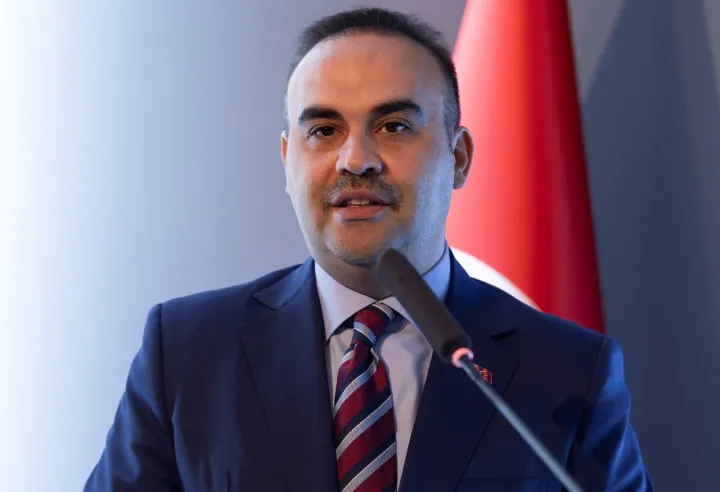By Charles Mgbolu
At least 17 multi-storey buildings have been brought down in Nigeria’s largest international market located in the commercial capital, Lagos.
The Lagos State Building Control Agency says the condemned buildings were due for demolition for breaching construction standards and endangering the lives of occupants.
Most of the structures, which largely house electronics shops, were situated at the Alaba Market in the Lagos commercial district of Ojo.
Mixed reactions
Gbolahan Oki, the general manager of the building control agency, said in a statement that some of the structures were to be brought down as early as 2016.
A contingent of police officers provided security on Sunday while bulldozers felled the condemned buildings as traders watched desperately from a distance.
Traders, who spoke to TRT Afrika, expressed mixed reactions at the demolition of structures at Alaba Market.
Drogba Azoson, who owns a stall in the market, said the move was "timely" to avert the loss of lives.
"My shop in one of the plazas wasn’t affected. Most of the destroyed buildings were either on the verge of collapsing or were blocking the sewerage systems," said Azoson.
Another trader, who spoke to TRT Afrika on condition of anonymity, said he had not been informed of the demolition plans.
"I wasn’t served with a notice to vacate. I had already paid rent in advance covering two years. Now, who will refund my money after the demolition?" posed the affected trader.
Demolition 'long overdue'
The Nigerian government says the traders had for long frustrated the demolition efforts, but they were only "postponing the inevitable".
"Rather than following due process in pulling down the structures and replacing the buildings with new ones, the occupants of the buildings had continued to occupy them to their detriment," said Oki.
The building control agency boss stated that the felled structures were also "affecting adjacent buildings".
Alaba is the largest electronics market in Nigeria, which also deals in the repair of home appliances.
It is also popular among traders from the neighbouring countries such as Ghana, Benin, and Togo.
























